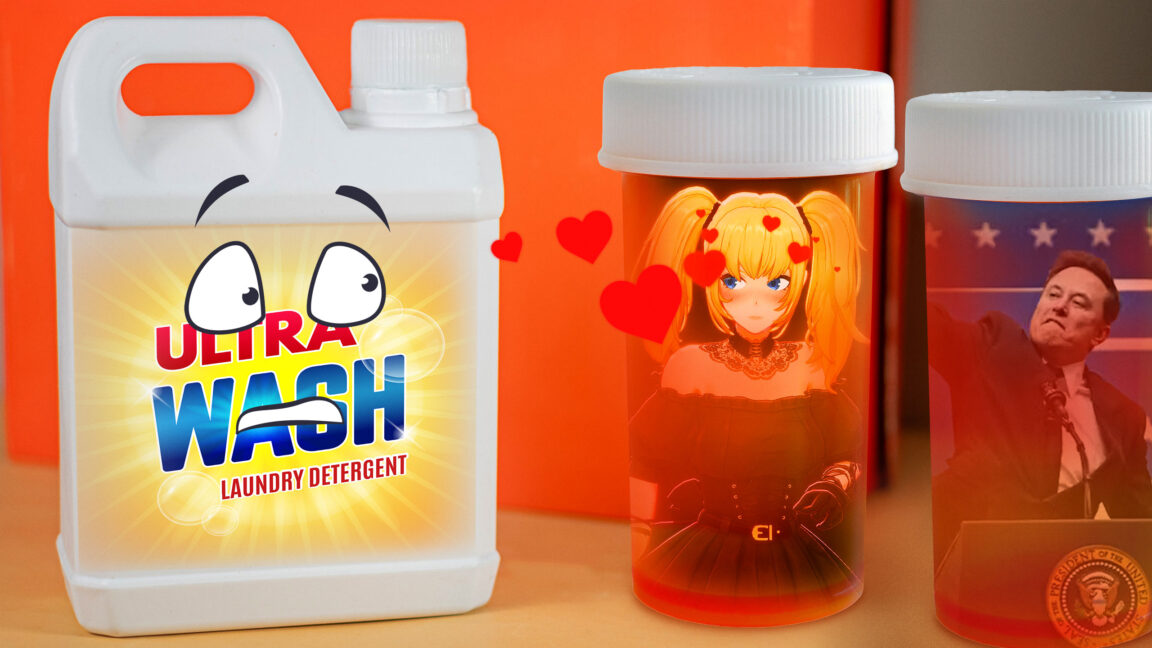
"In the time since, the toxic content has started coming from within X, via backlash-inducing outputs from its chatbot Grok. For MMFA, advertisers, agencies, and critics, a big question remains: Can the FTC actually penalize advertisers for invoking their own rights to free expression and association by refusing to deal with a private company just because they happened to agree on a collective set of brand standards to avoid monetizing hate speech or offensive content online?"
"You're not alone if you're confused by the suggestion, since advertisers have basically always cautiously avoided associations that could harm their brands. After Elon Musk sued MMFA-then quickly expanded the fight by also suing advertisers and agencies-a running social media joke mocked X as suing to force people to buy its products and the billionaire for seeming to believe it should be illegal to deprive him of money."
A judge warned that the FTC's probe into Media Matters should alarm all Americans as potential government retaliation, and the FTC appealed a preliminary injunction blocking the investigation. The Republican-led FTC has maintained pressure since Elon Musk attacked Media Matters for reporting ads next to pro-Nazi posts on X. Musk claims those reports prompted advertisers to leave and cost X $1.5 billion, while advertisers say many factors, including concerns about Musk's antisemitic post, influenced independent decisions. Toxic content has also emerged from X's chatbot Grok. The central legal question is whether the FTC can penalize advertisers for refusing to deal with a private company over brand standards.
Read at Ars Technica
Unable to calculate read time
Collection
[
|
...
]